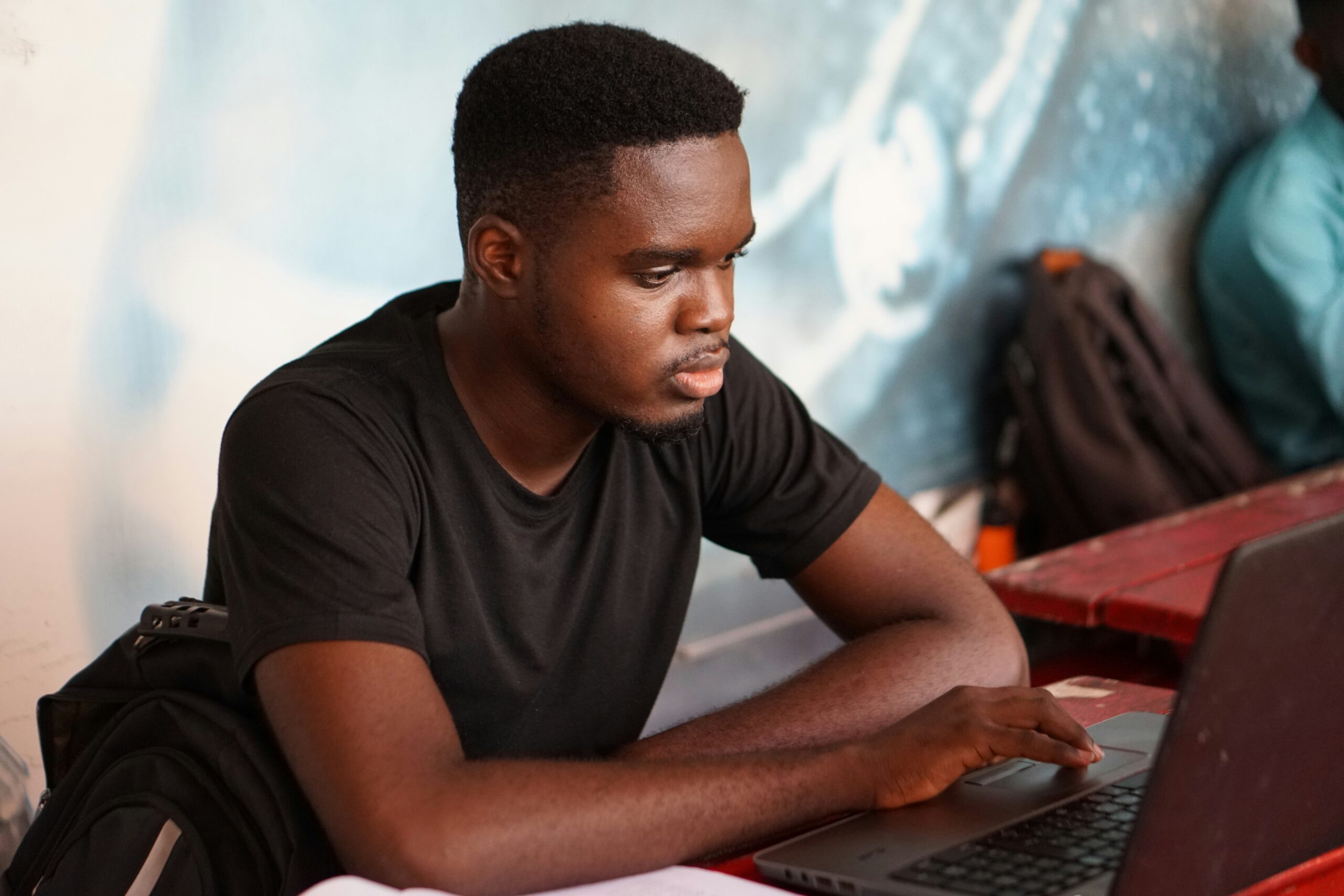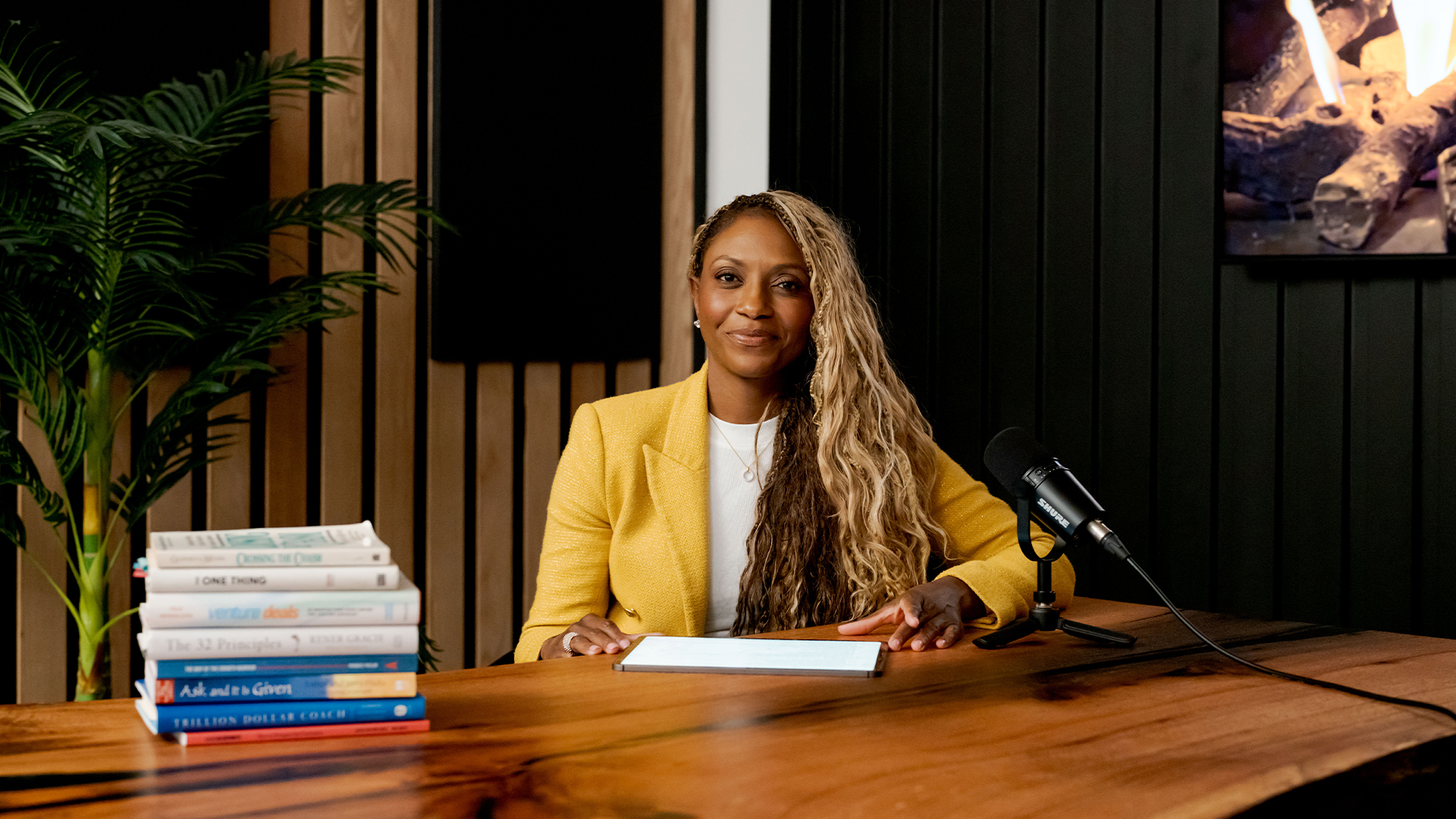A Black founder and entrepreneur has received an investment toward combating expensive college tuition and low wages for part-time professors.
Back in 2018, Tade Oyerinde came up with the idea for an alternative to traditional community college after meeting an adjunct professor who slept on the floor of his office at The University of California, Los Angeles. The professor couldn’t afford to live around where he taught, according to Forbes.
After launching in beta in 2022, now, Oyerinde is taking his national community college startup, Campus, to the next level and has raised $29 million in a Series A funding round, the outlet revealed.
The round for New York-based Campus was led by OpenAI CEO Sam Altman and Discord founder Jason Citron, the outlet details. Among fellow investors were Figma founder Dylan Field; former head of Stripe, Lachy Groom; Bloomberg Beta; Founders Fund; Rethink Education; Reach Capital; and Precursor Ventures.
As of this writing, the online school has 800 enrolled students from 30 states and around 150 faculty members.
Campus professors earn about $8,000 per class. Oyerinde says that the income is double the national average for adjunct professors.
“You have these amazing professors, but they earn so little and they’re suffering,” Oyerinde told the outlet. “And the students, the quality that they’re getting at a local community college isn’t always the best. So how can we help resolve both those concerns?”
The cost for one year of tuition at the community college is around $7,000. For students who are eligible, their tuition can be fully covered by a federal Pell Grant. In addition, Campus provides laptops, Wi-Fi, and support services.
Campus’ mission is to help students avoid high debt for a bachelor’s degree after transferring once they complete their coursework at the online community college.
Following the new funding, Oyerinde aims to create a plan for being able to admit more students into Campus.
“Our core focus is on building a solid foundation over the next year so we can meet the growing demand,” he said. “It’s really important to us that we have a solid foundation in place before thinking about scale.”

















